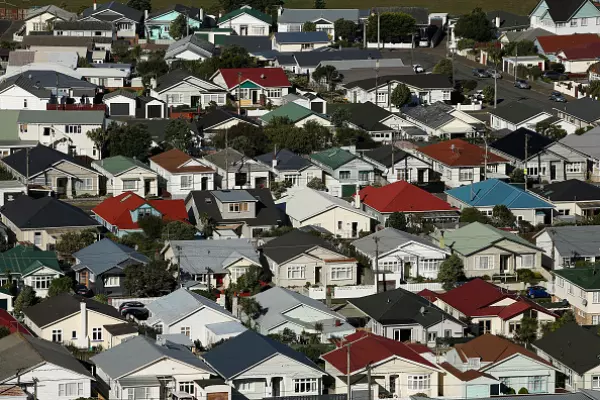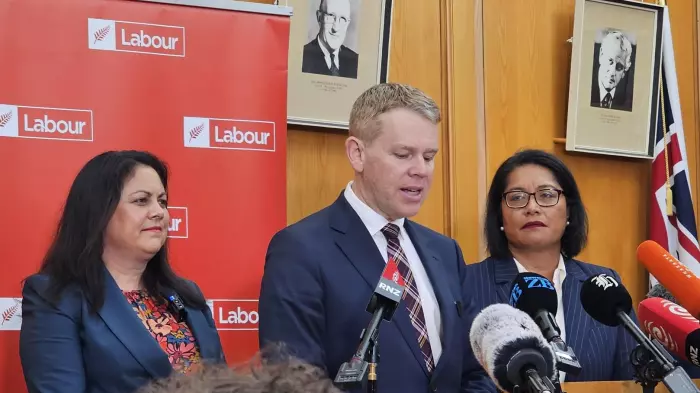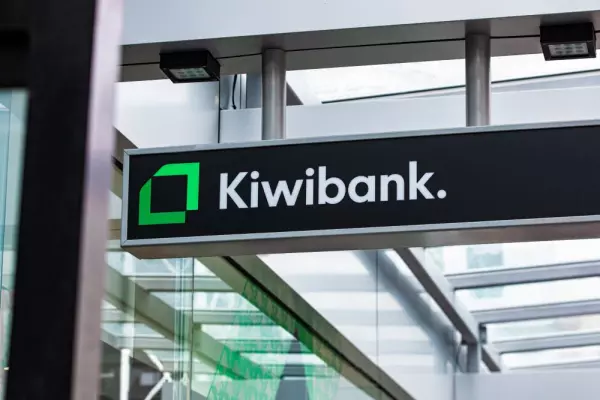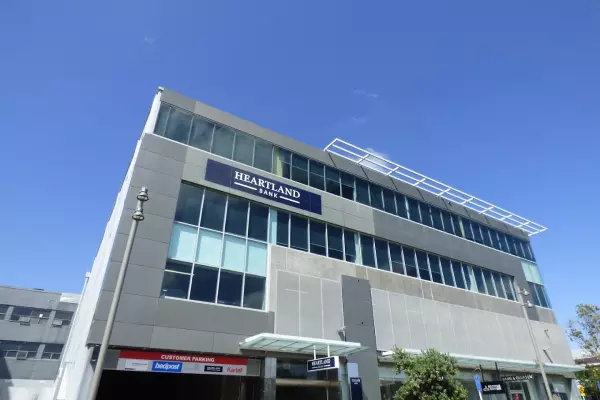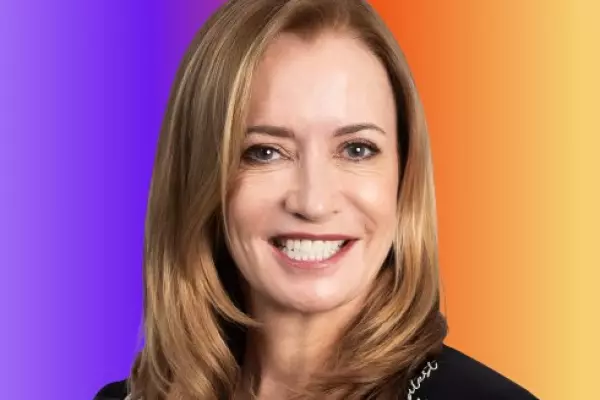What firms need to know about loan guarantee scheme

Those wishing to access the government's $6.25 billion business finance guarantee scheme need to be aware that their bank will still be asking the same sort of questions about income, prospects and general credit worthiness, even though the government is guaranteeing 80 percent of each loan.
"Interest, standard fees and credit criteria apply," ANZ Bank says on its website.
However, ANZ chief executive Antonia Watson has also said that her bank will be honouring the spirit of the government's scheme when making lending decisions.
If banks only looked at where business customers are right now, "you wouldn't be doing a lot of lending. Obviously, you would make a very different decision if you were only looking at the current time," Watson told BusinessDesk last week.
ANZ will also want to know whether the business has received all the other support measures the government is offering, such as the wage subsidy, whether it has cut operating costs where possible and any other sources of income or capital available.
Under the scheme, companies with annual turnover between $250,000 and $80 million will be able to borrow up to $500,000 and the principal will need to be repaid within three years.
The government has said it expects such loans to be made "at competitive, transparent rates," but each of the nine banks participating in the scheme will set its own rates.
Property development and investment and primary producers such as farmers are excluded from the scheme. A number of other industries, including weapons manufacturers and recreational cannabis and tobacco manufacturers, are also out.
The loans can only be used as bridging finance to cover the disruption caused by the coronavirus crisis and consequent national lockdown.
The money can't be used to fund special projects or to buy capital assets or to pay dividends.
Kiwibank and Westpac have said they also will be honouring the spirit of the scheme, which is aimed at helping businesses weather the financial shock of having to shut during the nation's lockdown which Prime Minister Jacinda Ardern has said is aimed at stamping out the virus from New Zealand.
Kiwibank's chief executive Steve Jurkovich has said customers must have exhausted their existing Kiwibank facilities before accessing the scheme.
"My message to businesses is talk to us early. Even if you think you've got sufficient cash flow to see you through the initial shock of covid-19, the financial impacts could be felt for much longer and we are committed to doing what we can to help you get through this."
His bank has already been helping business customers with immediate liquidity needs through measures such as loan payment deferrals, interest-only terms and temporary overdraft facilities.
Westpac's general manager of commercial, corporate and institutional banking, Simon Power, has said his bank sees the scheme covering businesses' fixed costs such as rent, vehicle leasing and staff salaries.
"These loans will provide a source of cashflow so costs can be managed, offering a degree of certainty to businesses so they can plan their resumption of business activities," Power said.
But he warned that the scheme won't be a solution for every business and that would-be borrowers will need to provide Westpac with their financial projections.
"Every business will be different. Some will be affected locally by the level 4 lockdown while others may be having problems sourcing parts from overseas or rely on exports to other countries," Power said.
"As with any business lending, we still need to understand if each customer will be able to meet their commitments. We don't want to place people under even more financial stress by lending to customers that don't have a viable way forward."
While Bank of New Zealand has indicated a more cautious approach to business lending, like all the banks, it has already been offering support to business customers through, for example, a 24/7 online product allowing businesses to borrow up to $100,000 without additional security.
ASB Bank's chief executive Vittoria Shortt has said that the financial stability of the bank's business customers is "top of mind" and that it recognises the urgent need for assistance.
"Doing right by our customers involves having genuine and honest conversations. We are working hard to help Kiwis get through, but the reality is for some businesses, increasing levels of debt might not be the best option for them long term," Shortt said.
"There will be some tough conversations ahead but that is our job as responsible lenders."
ASB and BNZ have both put a number on how much they expect to lend under the scheme – ASB is forecasting close to $1 billion while BNZ said it expects to lend more than $1 billion.
Treasury wouldn't say how much each of the nine participating banks will receive but has said the amounts will be in line with their market shares.
ASB's business loan book was $17.68 billion at Dec. 31, making it the nation's fourth-largest lender to businesses behind ANZ at $29.21 billion, BNZ at $27.42 and Westpac at $19.28 billion.
Kiwibank's business loan book stood at $2.08 billion at Dec. 31. The other participating banks are Heartland Bank, HSBC, SBS Bank and TSB Bank.
Comments



